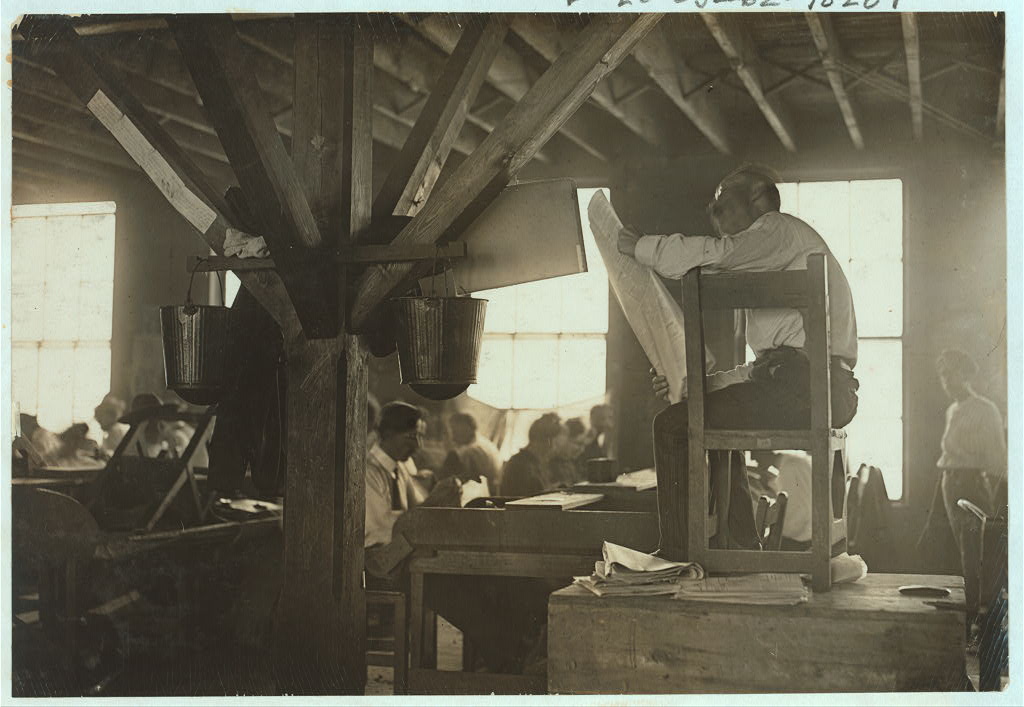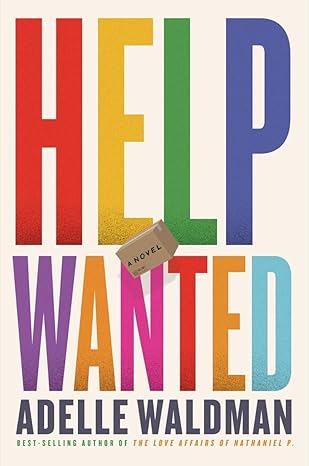
Every “futurist” and analyst worth their salt has long been predicting which jobs will become obsolete thanks to our robot overlords / AI. Sure, we may be OK with seeing telemarketing jobs go away but there are other jobs we will miss if they become obsolete thanks to technology.
I always though the job of “Travel Agent” was alluringly glamourous…exotic even. Toula (“My Big Fat Greek Wedding”), after all, went back to school at night to “learn computers” …and then started working at Aunt Voula’s travel agency where she re-connected with Ian and thus, eventually, had the wedding from which the movie draws its name.
Interestingly, while the US Bureau of Labor Statistics has predicted the continuing decline of travel agent employment (a decrease of 9% between 2016 and 2026), there is now a prediction of growth in the profession as travel agents become more specialized, home-based, and work as independent contractors.
Huh.
But, in any event, jobs and occupations come and go. For any variety of reasons. I went down an internet rabbit hole last night reading about obsolete jobs. A few favorites:
- Leech Collector – These folks collected leeches, in bogs and marshes, by getting them to gather on either the legs of an old horse or onto the collectors’ own legs. After the leeches had sucked enough blood, the collector would disengage them and collect them in a jar to be sold to medical practitioners. Declined by mid 19th century due to over-harvesting and exporting of leeches.
- Cigar Factory Lector (Reader) – With an origin in Cuba, lectores were paid for by unions or by workers pooling their money and the workers would chose the reading material. The role of the lector was to keep workers entertained by reading books and/or newspaper aloud. Discontinued in the US in 1931 after the Ybor City cigar makers’ strike.
Then, of course, there are some jobs that are still (barely? maybe? sort of?) hanging on but in vastly different ways than they existed 10 – 20 years ago:
- Photo Developer – Someone somewhere is still doing this; the drug store chains down the street from me all still have “photo departments.” It would be fascinating to know the volume of business they get!
- Check Processor – There used to be whole departments with rows of folks just doing this job.
- Yellow Pages Delivery Person – I feel like I got a Yellow Pages delivered within the last two years – certainly post-Covid – so these folks are still around in some capacity.
- Television Repair – we are so used to tossing away and buying new (and let’s face it, the cost of many electronics has gone down enough to allow us to do that) but there are still folks that want to get a good old-fashioned CRT (Cathode Ray Tube) TV repaired. There is one (and I think just ONE) shop in my city and rumor is they are so busy it takes months to get something repaired.
The graveyard of obsolete jobs is a solid measure of human progress. Every gig that’s bitten the dust – elevator operator, switchboard operator, human alarm clock (yes, that was a thing) – got the boot because we found a better, faster, or less soul-sucking way to do it. And that’s a win.
Technology absolutely shuffles the cards in the job deck. But while we’re sending some jobs to the dustbin of history, we are also creating new roles that (ideally) let us spend less time on the mind-numbing and more time on the enjoyable.
Now to adequately prepare our future workforce…
*****



